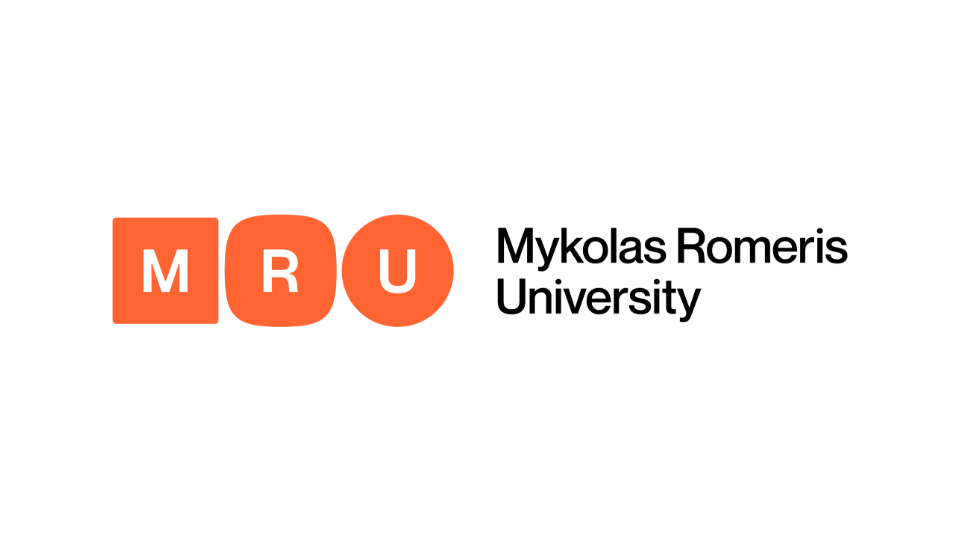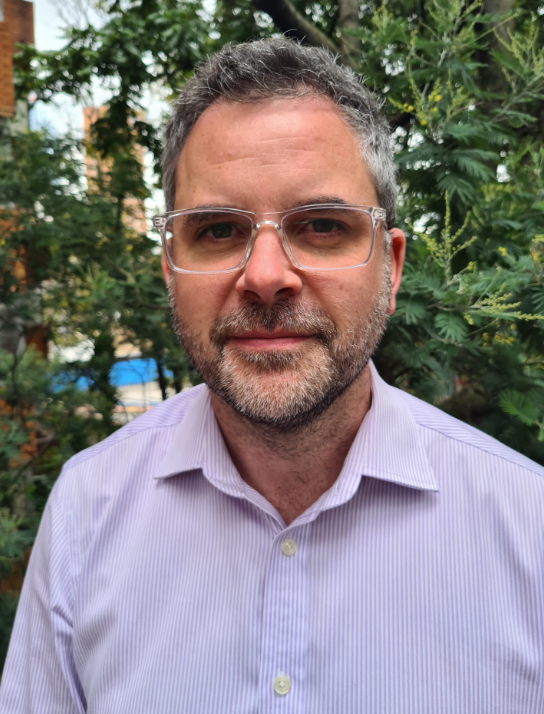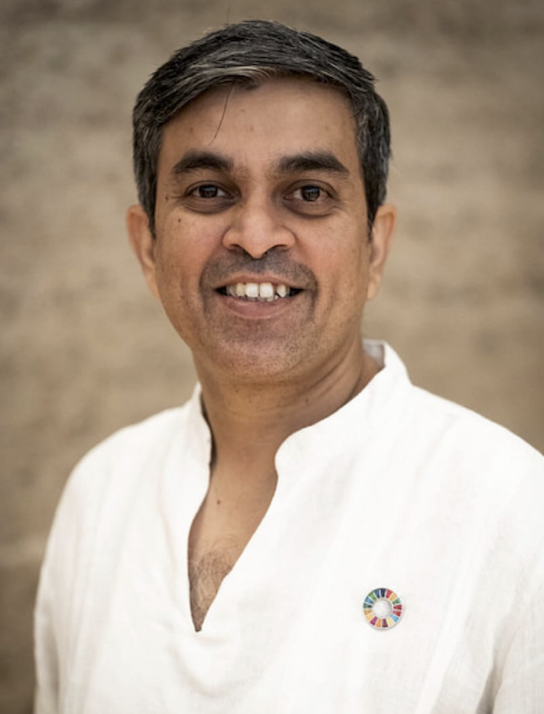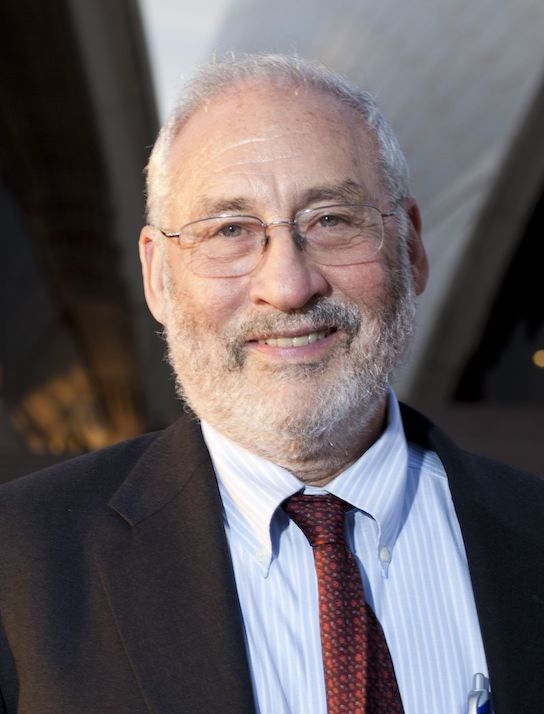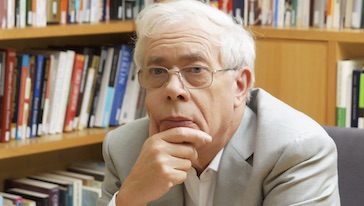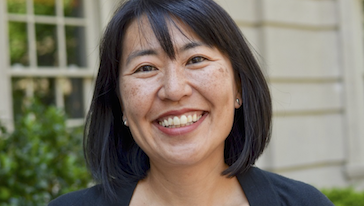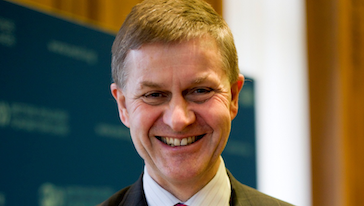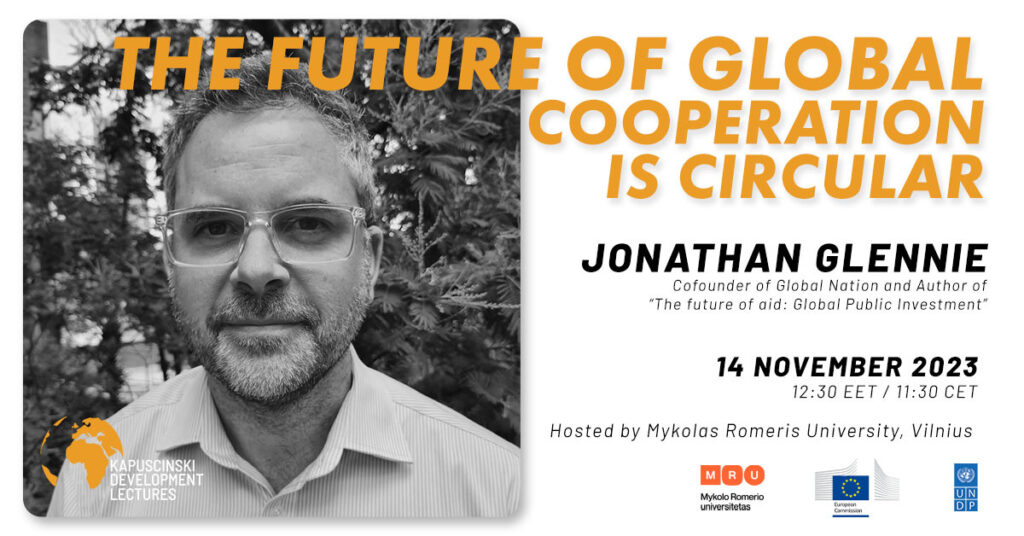
In the 20th century, international cooperation was characterized by a grand conceptual separation between so-called “developed” and “developing” countries. Developed countries were not only the source of financial assistance to other parts of the world, but they were also presented as sources of knowledge and experience. Misconceived, this approach is obviously anachronistic today, as decolonial and other modern narratives begin to dominate debates. But the structures left behind by this way of thinking are still very much in place.
As the paradigm shifts to a more holistic approach in which all countries and communities have an important role to play in shaping the future of human cooperation, new institutions and approaches are needed to represent an updated way of working together. The concept of Circular Cooperation supports a modern approach to international cooperation that goes beyond the traditional vertical ones.
First, all parts of the world are encouraged and enabled to contribute their perspectives, experiences and insights to solving global challenges. Second, all countries (not just the wealthiest) are encouraged to contribute material resources (including money) to the effort, thus shifting in status from recipient to co-contributor and ensuring a more substantial seat at the decision-making table.In both aspects of Circular Cooperation there are lessons to be learnt from the EU’s regional integration experience for global institutions and processes.
We cannot respond to the profound challenges our world faces – from conflict to pandemics, from worsening poverty to climate change – without a profound shift in perspective and action. With its more democratic and respectful approach to development, Circular Cooperation does not relieve wealthier parts of the world of their responsibility to contribute more, but it does add substantially to the resources – both intellectual and material – with which to build a better world.
Join #KAPTalks with Jonathan Glennie, co-founder of Global Nation, to explore the concept of circular cooperation to redefine international development.
The lecture is hosted by the Mykolas Romeris University in Vilnius.
When: 14th November 2023 at 12:30 Vilnius time / 11:30 CET
Where: LAB 102, Research and Innovation Center / Mykolas Romeris University, Didlaukio 55, Vilnius
You can join the lecture by:
- coming to the event or joining online on Zoom – register here
- following livestreaming from the event at kapuscinskilectures.eu
- asking your questions to Jonathan Glennie via Twitter using #KAPTalks hashtag
